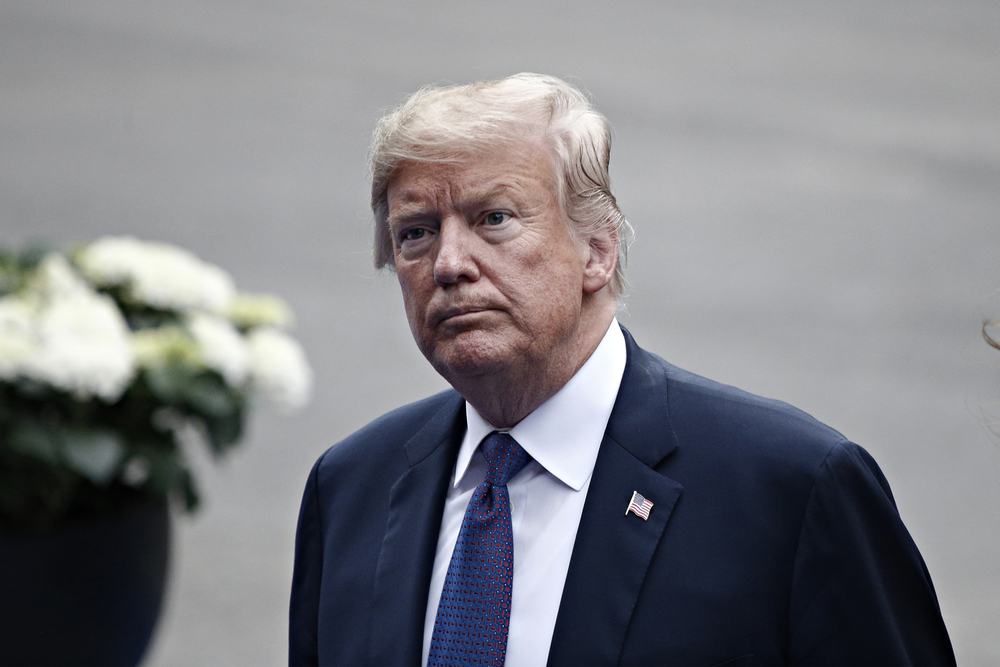 If you want to start investing your money the first thing you need is an investment strategy. If you’re in your 30s and haven’t starting it’s OK, maybe you’ve had other priorities. However now your 20s are over and there are no excuses for not investing.
If you want to start investing your money the first thing you need is an investment strategy. If you’re in your 30s and haven’t starting it’s OK, maybe you’ve had other priorities. However now your 20s are over and there are no excuses for not investing.
You may be thinking “I know I need to invest”, and you may be asking yourself “how do I get started?” The easiest way to do it is just to start.
If you want to start investing here’s how to create your investment strategy:
Cut your expenses
Before you can start investing you need to have extra money to save. Saving may not have been a priority in your 20s and therefore you may have been living paycheck to paycheck. That stops now. There’s no need for that in your 30s. Now is the time to start investing wisely, saving for retirement and planning your financial future.
You can cut your expenses by spending less. Do whatever you need to do to start setting money aside. Stop buying coffee, cut your cable (Netflix is great, and cheaper), dine in at home and limit your personal spending and splurges. Using a software like YouNeedaBudget.com or Mint.com can help track your spending and identify where you can cut expenses.
Decide why you want to invest
Why you want to invest will help decide which type of account you need to open as well as your investment strategy. How to invest your money is a big part of why you want to invest. If you want to save for retirement you will probably want to open a Roth IRA or a Traditional IRA. If you have 20 or 30 years before retirement you can afford to take some risk with your investment strategy. However if you’re investing for the short term you will want to choose more secure, lower-risk, income-focused investments.
Investopedia says that account fees and investment commissions should also play a role in how you want to invest and which type of account to open. “Before you open an investment account, you must also consider the costs that you will incur from purchasing investments once the account is open. In most cases, every time you purchase an investment, it will cost you money (through commissions). With a limited amount of funds, these transaction fees can really put a dent on your (savings).”
Talk to a professional
Investing for the first time can be overwhelming with so many investment options to choose from and so many different opinions on where to find the best investment. The truth is what’s best for your neighbor, may not be best for your investment strategy. Therefore it’s always best to talk to a professional before making any investment decisions.
The advice of a professional can help determine your comfort level with risk, how to understand market fluctuations and how to invest your money for your goals. It’s also a good idea to research your investment choices before putting any money into them. Just to make sure that the advice you’re getting is best for you.
Invest regularly
When you buy into the marketing regularly you’re investing when the prices are high and low. Overall it averages out the cost of your price per unit (i.e. stock or mutual fund or ETF). This is a strategy known as dollar cost averaging.
When you invest a lump sum of money into the market on one day you’re taking a risk that you are buying in on the lowest day of the year. Is that a gamble you really want to take? Probably not. It’s much wiser to invest regularly, over time.
Don’t panic
The marketing fluctuates daily, that’s how it goes. The key is to be comfortable with your investment choices and overall investment strategy so you don’t panic when the value of your investment account drops. You make money in the stock market by buying low and selling high, so why in the world would you sell when your investments are low?
If you’re investing for the long term then stay invested for the long term and cash out only when you need the money, not when your investment value drops.






